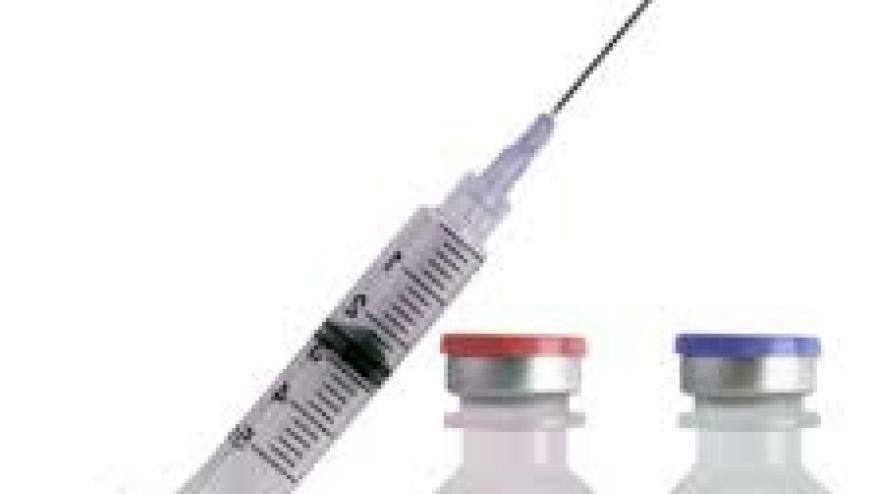TNF Inhibitors Increase Perioperative Infection Risk Save

The use of tumour necrosis factor α inhibitors (TNFis) at the time of major surgery has been a challenge for surgeons, rheumatologists and those wishing to develop evidence-based guidelines for this clinical scenario. While studies have shown that TNF inhibitor treated patients are at greater risk for perioperative infections, other studies have also shown that cessation and drug-washout may be associated with rebound inflammation that further drives the infectious risk. Goodman and colleagues from the Hospital for Special Surgery have done a systematic review of the impact of TNFi exposure on surgical site infections in RA patients undergoing elective orthopaedic surgery.
They identified 8 observational studies and 3 case control studies meeting inclusion criteria that included 3681 TNFi-exposed (TNFi+) and 4310 with no recent exposure to TNFis (TNFi−) at the time of surgery. The TNFi+ group had higher risk of developing surgical site infections compared with patients in the TNFi− group (OR 2.47; 95% CI 1.66, 3.68); P < 0.0001).
Thus, TNFi exposure at the time of surgery increased risk of surgical site infections in RA patients. The role of other infection risk factors (disease activity, corticosteroids, smoking, comorbidities) was not assessed in this analysis.










If you are a health practitioner, you may Login/Register to comment.
Due to the nature of these comment forums, only health practitioners are allowed to comment at this time.